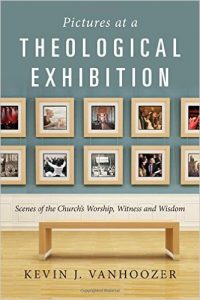You know when you get a song stuck in your head and nothing seems to be able to get it out? Every thought you have is tainted by the song, and the worst part is that it’s usually just a small snippet of the song. Rather than being able to focus on your work, you can’t help but sing Justin Bieber’s “Love Yourself” for the hundredth time…today. That’s not to mention when you listened to it yesterday in the car or when you first heard the song and couldn’t stop singing it.
The Psalms aim for the same concept: to get the ways of God stuck in our heads through song and poetry. They are based on a combination of the Torah (Psalm 1) and personal catastrophes or life lessons. As David was on the run from Saul (Psalm 22), or lamenting over his sin in the aftermath of Uriah’s death (Psalm 51), or as Asaph was wracked with guilt over his desire for unrighteous living (Psalm 73), the composers took what they knew to be true from the Torah and set their feelings to music. In doing so, they passed on their experiences to future singers, that these singers might know solidarity with others who have felt similar feelings before.

